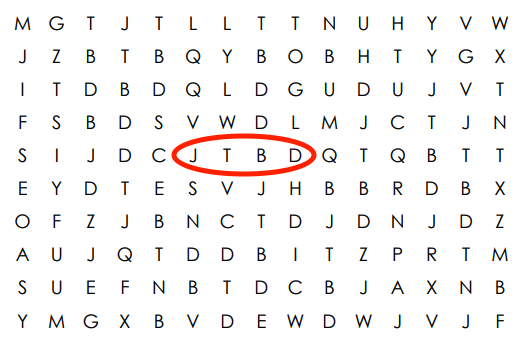In theory, the Marketing-Insights relationship is mutualistic. Insights empowers Marketing to make business decisions rooted in research and consumer perspective. Marketing is the application of the findings of Insights. And yet in most organizations, the relationship is strained.
Unfortunately, there is a distaste for researchers amongst marketers. Where did this come from?
According to WFA research study, “The Future of Insights Project,” Insights are viewed by Marketing as “librarians,” the gatekeepers of data. Historically, Insights people have been champions of methodology and rigor. There’s nothing wrong with that… in theory.
If we make decisions based on the results of data, we need to be sure that the data is reliable. However, in building themselves as the experts and gatekeepers, Insights elevates and isolates themselves from their colleagues. Marketers are then led to believe that they could never engage with the data themselves.
The WFA study was published in 2016, but the problem has existed for a long time. I recently attended TMRE, where I heard a similar plea from multiple brand-facing individuals, “we have to engage stakeholders sooner!”
The current system is transactional. One Insights leader even described it as a “fast food” model: Marketing asks for research, Insights conducts it, Marketing makes a decision (or not) based on that research independently from Insights. Another researcher put it simply, stating: “we have to bring stakeholders into the early stages of research. The earlier the better. We can’t do this alone as researchers, we have to bring others with us.” While Marketing is the one who benefits the most from the insights, they interact with it the least. Rarely do they have the opportunity to engage with consumers themselves. But they deserve to.
Everyone is talking about empathy. Empathy helps us feel, together. It helps us to understand others. But it’s not a passive phenomenon; empathy has to be experienced firsthand. That is done through human connection and conversation. Marketers deserve to be a part of the conversation. If Insights wants Marketing to see the value in research, then they need to be open to having Marketing involved in the process. This interaction will help them to feel and resonate with the data on a deeper level, therefore giving it more impact and more potential to actually be used.
Furthermore, when Marketers engage directly with consumers, they are more likely to listen to the insights that those consumers share. Sheeba Philip, former VP of Marketing Strategy and Communications at JCPenney, put it bluntly, “it’s hard to defend your philosophy when you’re literally hearing the consumer say something else. The more you give the voice back to the consumer, the more you’re able to walk away from your ideas.”
When marketers hear firsthand (as opposed to being told in a report), that their idea is not resonating with consumers, then they will be more likely to abandon the bad idea or adjust it so that it will work. Without listening to consumers, marketers run the risk of running campaigns that consumers dislike. By having conversations with consumers in early stages, they are able to build empathy and develop a deeper understanding of consumers that will lead to better Marketing and business decisions.
Multinational brands are leveraging Discuss.io to engage quickly and regularly with consumers around the world. Through consumer closeness initiatives, they are building a better understanding of consumers’ needs and desires, empowering them to make better business decisions. Start a conversation with us to learn more about launching a consumer closeness initiative within your team.




